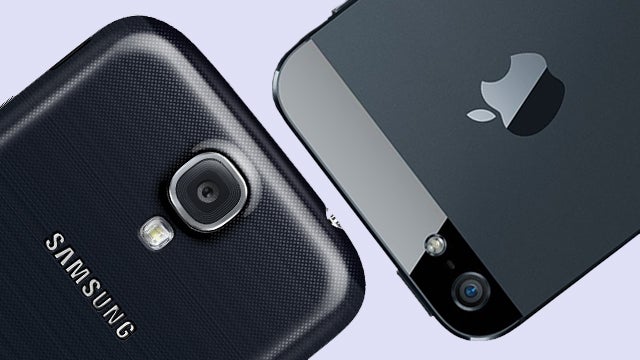Samsung loses out in court, no iPhone or iPad ban to come

Samsung has lost its bid to ban sales of older iPhones and iPads in South Korean in a patent infringement lawsuit.
A South Korean court dismissed a lawsuit claiming Apple had infringed on three Samsung Mobile patents, meaning there will be South Korean ban on older iPhone and iPad models.
The lawsuit is part of Samsung and Apple courtroom battles that date back to 2011. This was when Apple first sued Samsung for imitating the iPhone and iPad with its own range of smartphone and tablets.
However, a Seoul Central District Court judge stated older Apple devices like the iPhone 4S, iPhone 5 and iPad 2 did not infringe any Samsung patents, notably one governing short message display and messaging grouping functionalities.
Samsung’s 100 million won (£58,000) damages claim and a request for product ban was thrown out by the court.
Samsung could appeal the decision, but said it is going to thoroughly review the ruling before submitting an appeal.
“As Apple has continued to infringe our patented mobile technologies, we will continue to take the measures necessary to protect our intellectual property rights,” said Samsung in an official statement.
In August last year, the same South Korean court ordered Apple to pay 40 million won in damages to Samsung after infringing two of Samsung’s wireless tech patents.
However, in that same ruling Samsung was fined 25 million won for patent violations relating to document scrolling features.
Samsung and Apple have been battling in court over patent infringements for several years now, and have gone to court twice in California in the past two years. Juries have already awarded Apple around $930 million (£567 million) in damages so far.
Read more: Best smartphones of 2013
Via: Reuters

